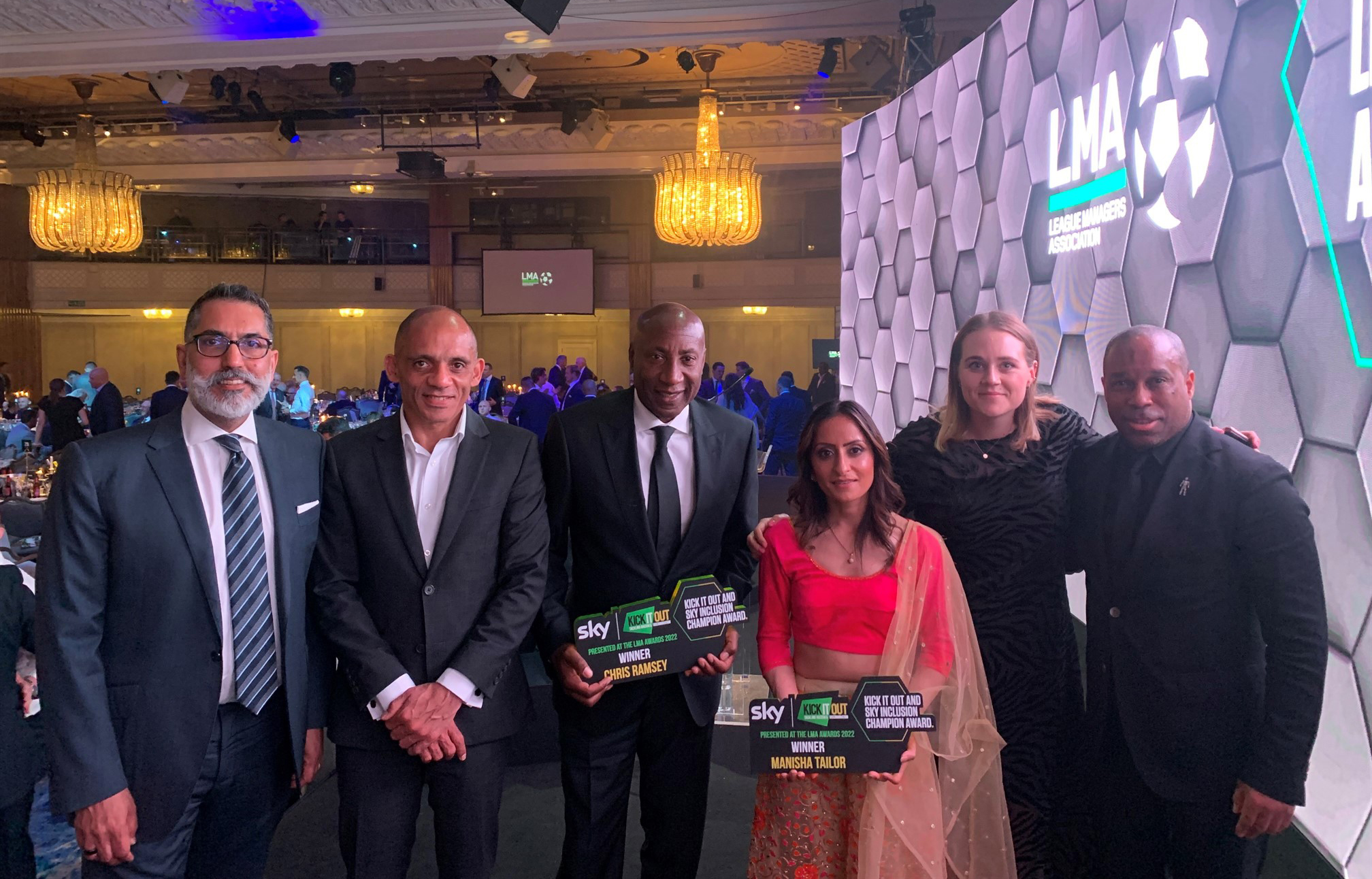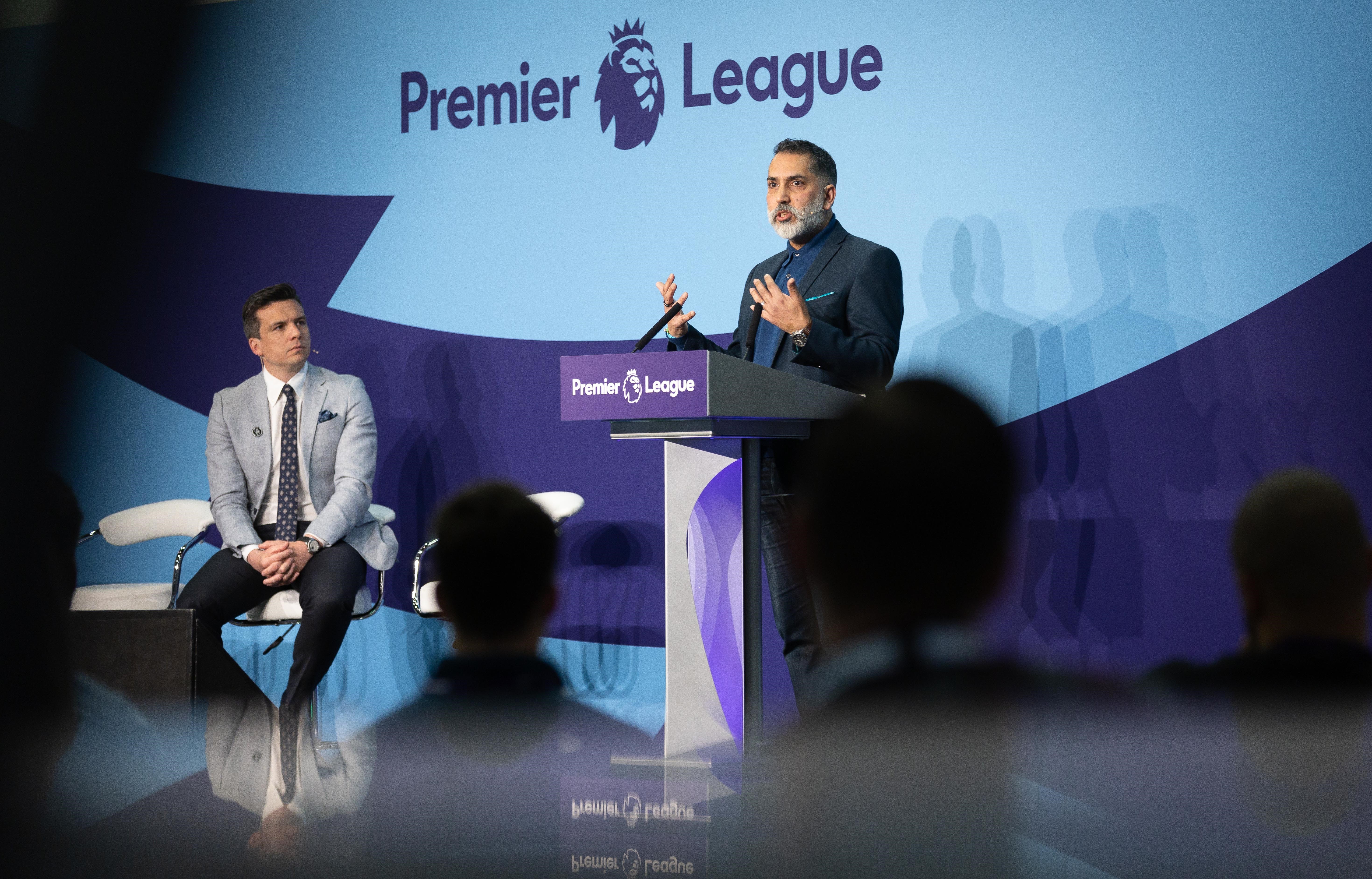In 1992, Nayim made his debut for Spurs, becoming the first Muslim player to play in the Premier League. Fast forward 30 years, some of the best players in the Premier League and the world, are Muslim. Pogba, Kante, Mahrez, Salah, Mane just to name a few.
And this is just at the top. At all levels of the game, there are increasing numbers of Muslim players lacing up their boots. But as teams across the country utilise the skill of these players on the pitch, they need to be more aware of their needs off it. Especially in the month of Ramadan, which for the next 20 years, will fall during the football season.
The month of Ramadan, the ninth month of the Islamic calendar, sees the Muslim community dedicate themselves to increased spirituality and social cohesion. In the thirty days of Ramadan, most Muslims will fast from dawn to dusk to get closer to God and to gain an understanding of the blessings that maybe taken for granted.
Ramadan can present challenges for Muslim athletes and the organisations they play for, but these are not insurmountable. Nujum Sports was founded in 2020 to support and empower Muslim athletes and to drive Muslim inclusion in sports. We work with clubs and sporting organisations to build a mutual and positive understanding of Muslim athletes and Islam.
With that in mind, here are a few small actions organisations can take that help Muslim athletes to continue to compete for their clubs while they remain true to their faith.
Nutrition
This is an obvious one. Fasting for 15 hours a day can be a struggle, especially for athletes however, who are required to stay in peak physical condition. During Ramadan, given the shorter time available to eat, most Muslims change their meal frequency from three to two meals: one before sunrise (Suhoor) and the other just after sunset (Iftar).
For larger clubs, with dedicated nutritionists, designing a plan based on two meals is essential, ensuring players get all the required nutrients in one less meal. Smaller clubs should be tolerant of a slight dip in performance levels, but they can also signpost players to organisations like Nujum Sports. We work with Kick It Out to support clubs with Muslim players. One of the ways we do this is by providing Ramadan packs, which include valuable nutritional advice for the month written by Dr Zaf Iqbal at Crystal Palace, as well as a prayer mat, dates, ZamZam water from Mecca and more.

Clubs should also provide an opportunity for Muslim players to break their fast during the game, if matches are taking place towards the end of the day. We saw last year, during Leicester City vs Crystal Palace, the game was paused to allow Wesley Fofana, Cheikhou Kouyate and Jordan Ayew to break their fast. It is thought to be the first time a Premier League game has been stopped mid-match to allow Muslim players to do so. But this should now be the standard for all matches taking place at dusk during Ramadan, if there are Muslim players on the pitch.
Prayer space
During the month of Ramadan, Muslims increase their worship and prayer, so it is important clubs are mindful of the fact that some players may require a place to pray at the training ground or at stadiums. This space must also be treated with respect by teammates and club staff. In order to be truly inclusive, it is imperative that clubs do not make players chose between their faith and the game that they love. If training means not praying, or praying means not training, something has gone wrong.
Iftar
Iftar is the meal eaten just after the sun sets. It is the time when Muslims gather with family and friends to break their fast. Many professional Muslim players in England live away from their families, so we encourage clubs to try and hold an Iftar for their players and wider family at the club. It is an excellent chance for team building and organisational bonding, and gives non-Muslims in the team the opportunity to share in Ramadan celebrations, learning and appreciating the customs. We do not expect clubs to hold these every day throughout Ramadan, but doing so just once is an excellent way to help Muslim players and the wider Muslim community feel included by the football club.
Charity
Giving to charity is an important tenet of Islam. During Ramadan, Muslims are encouraged to be generous and increase charitable activities. In fact, it is estimated that Muslims give around £100million to charities over the course of the month, with donations usually focused on giving to those stricken by poverty and hunger. This is where clubs can help. A food drive or charity event that raises money for local charities or food banks is a great way to enable Muslim players to give to charity in line with their faith, but also gets other players, fans, and the local community involved too.



